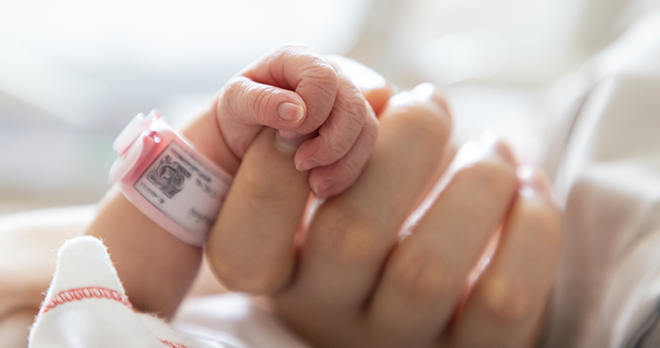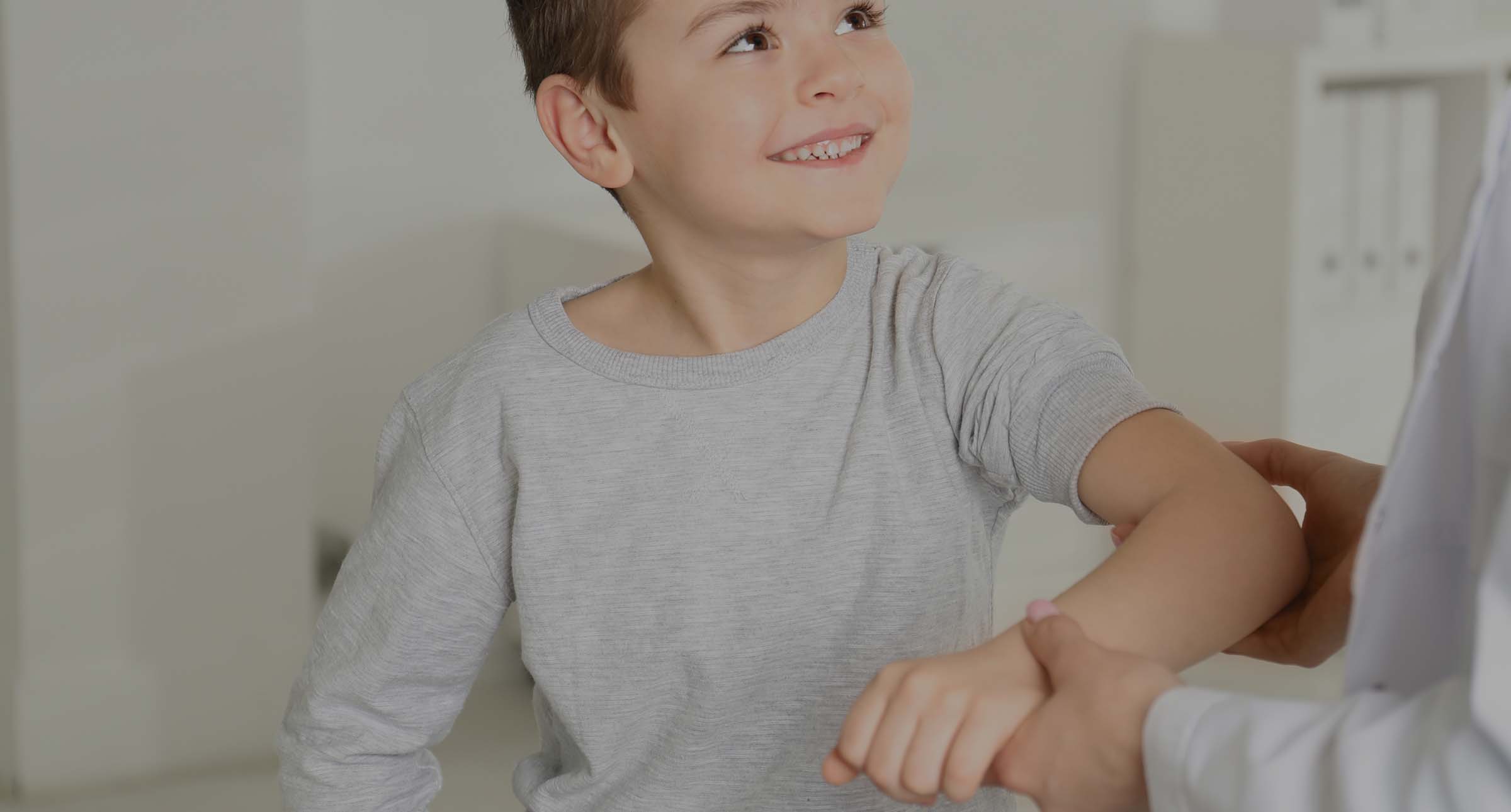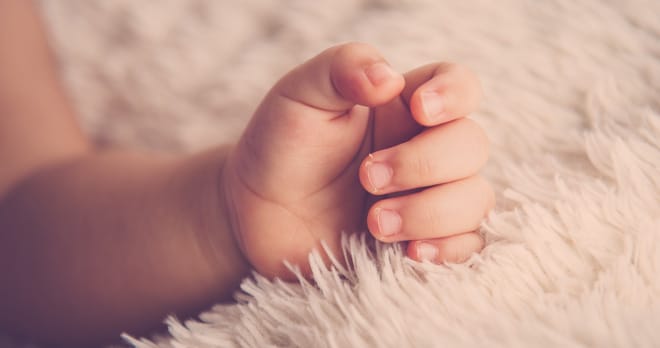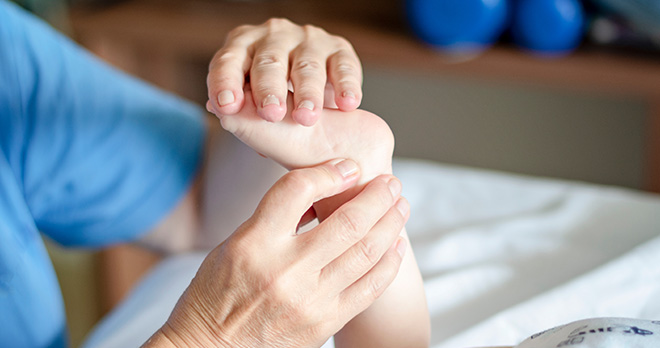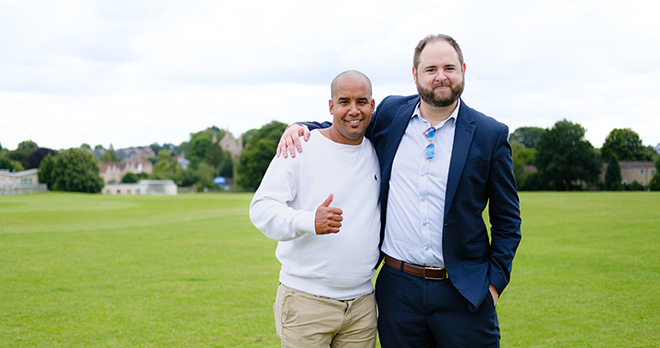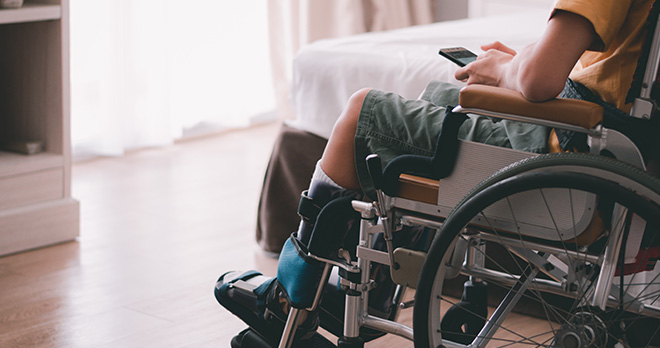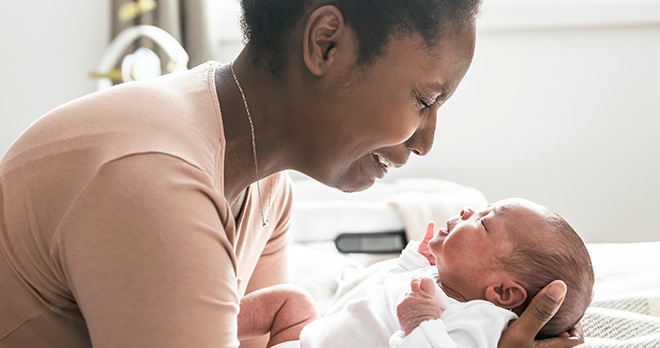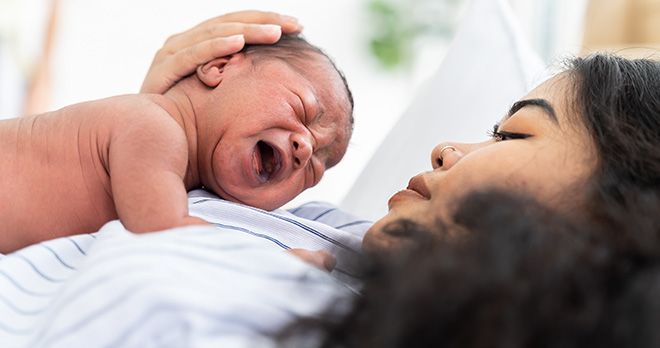The importance of NHS Maternity investigations and lessons learnt in cases concerning Group B Strep care and management
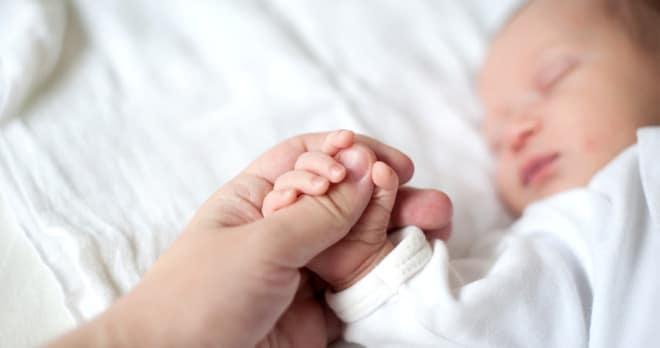
HSIB (Heath Safety Investigation Branch) is an NHS body appointed to independently investigate patient safety concerns. The recommendations made by HSIB aim to improve healthcare systems and processes, to reduce risk and improve safety, without attributing blame to individuals.
It is important to note the maternity investigations programme of HSIB will be formed into a separate organisation (A separate Strategic Health Authority): - the Maternity and Newborn Safety Investigations Special Health Authority (MNSI) and will become operational from April 2023.
HSIB are therefore closing their referrals service between November 2022 and March 2023. HSIB have stated: “As we move to HSSIB and MNSI, we will work to ensure that we continue to listen to patients, families, staff and others who interact with the healthcare system.”
It is concerning that there will be no standard investigations for a 4 month period and that important full reviews of potential medical failures will not be afforded to parents during this period. At the moment it is not anticipated that the referral criteria which is currently in place will change once investigations are undertaken by MNSI.
The current HSIB maternity programme investigates cases of:
- early neonatal deaths (in at least 37 weeks gestation), intrapartum stillbirths and severe brain injury in babies born at term following labour in England
- maternal death in England.
The definition of labour used by HSIB includes:
- Any labour diagnosed by a health professional, including the latent phase (start) of labour at less than 4cm cervical dilatation.
- When the mother called the maternity unit to report any concerns of being in labour, for example (but not limited to) abdominal pains, contractions, or suspected ruptured membranes (waters breaking).
- Induction of labour (when labour is started artificially).
- When the baby was thought to be alive following suspected or confirmed pre-labour rupture of membranes.
Intrapartum stillbirth
Where the baby was thought to be alive at the start of labour and was born with no signs of life.
Early neonatal death
When the baby died within the first week of life (0-6 days) of any cause. Tragically some babies who have Group B Strep on birth go on to develop serious complications, such as meningitis and do not survive an overwhelming systemic infection. In such circumstances it is important that HSIB reviews the adequacy of care provided both during and after labour to ensure appropriate anti-biotic management was offered.
Potential severe brain injury
Potential severe brain injury diagnosed in the first seven days of life, when the baby:
- Was diagnosed with moderate or severe (grade III) hypoxic ischaemic encephalopathy (HIE). This is brain injury caused by the baby's brain not getting enough oxygen.
- Was therapeutically cooled (active cooling only). This is where the baby’s body temperature was lowered using a cooling mattress or cap, with the aim of reducing the impact of HIE.
- Had decreased central tone (was floppy) and was comatose and had seizures of any kind.
Why participate in HSIB / MNSI investigations?
The MNSI cannot undertake investigations into cases which meet its criteria unless the family affected agree to it. Some families may not feel that they are emotionally able to participate in investigations as they generally commence quite early on.
There are, for some families, real benefits in taking part in terms of feeling that their story is genuinely being listened to and heard by professionals within the NHS.
The primary purpose of HSIB is to learn lessons which can then be shared amongst the medical profession to improve patient care and effect systemic changes to result in improved care for mothers and babies.
Indeed as a result of many HSIB investigations a themed report was released in February 2000 summarising failures in care in GBS patients and making recommendations for improvements. Their report can be found here: Severe brain injury, early neonatal death and intrapartum stillbirth associated with group B streptococcus infection | HSIB
The main findings of the review found that:
- Mothers are not always provided with all the information recommended by the Royal College of Obstetricians and Gynaecologists (RCOG) in relation to GBS. Investigations found that in some cases this limited their ability to make decisions relating to the use of antibiotics during labour and their timely attendance to the hospital.
- Investigations observed maternity triage services encouraging mothers, known to be GBS positive, to stay at home for as long as possible. In some cases, this was due to information not being shared between clinicians, the right questions not being asked by the call receiver or problems with the documentation of a mother’s GBS status. RCOG guidance suggests that mothers identified as carrying GBS should be seen earlier to allow antibiotic therapy to be given.
- Investigations found problems where positive tests for GBS were not communicated to the mother or noted clearly in the case records. As a result, the recommended care and antibiotic treatment in labour was not given. Also, the identification and escalation of care for babies who show signs of GBS infection after birth was missed. This has resulted in severe brain injury and death for some of the affected babies.
All of us in the medical team of RWK Goodman are hopeful that the new MNSI will continue to focus on learning on patient safety around GBS detection and management in mothers and babies so that the rare, but avoidable harm, caused by GBS can be significantly diminished.
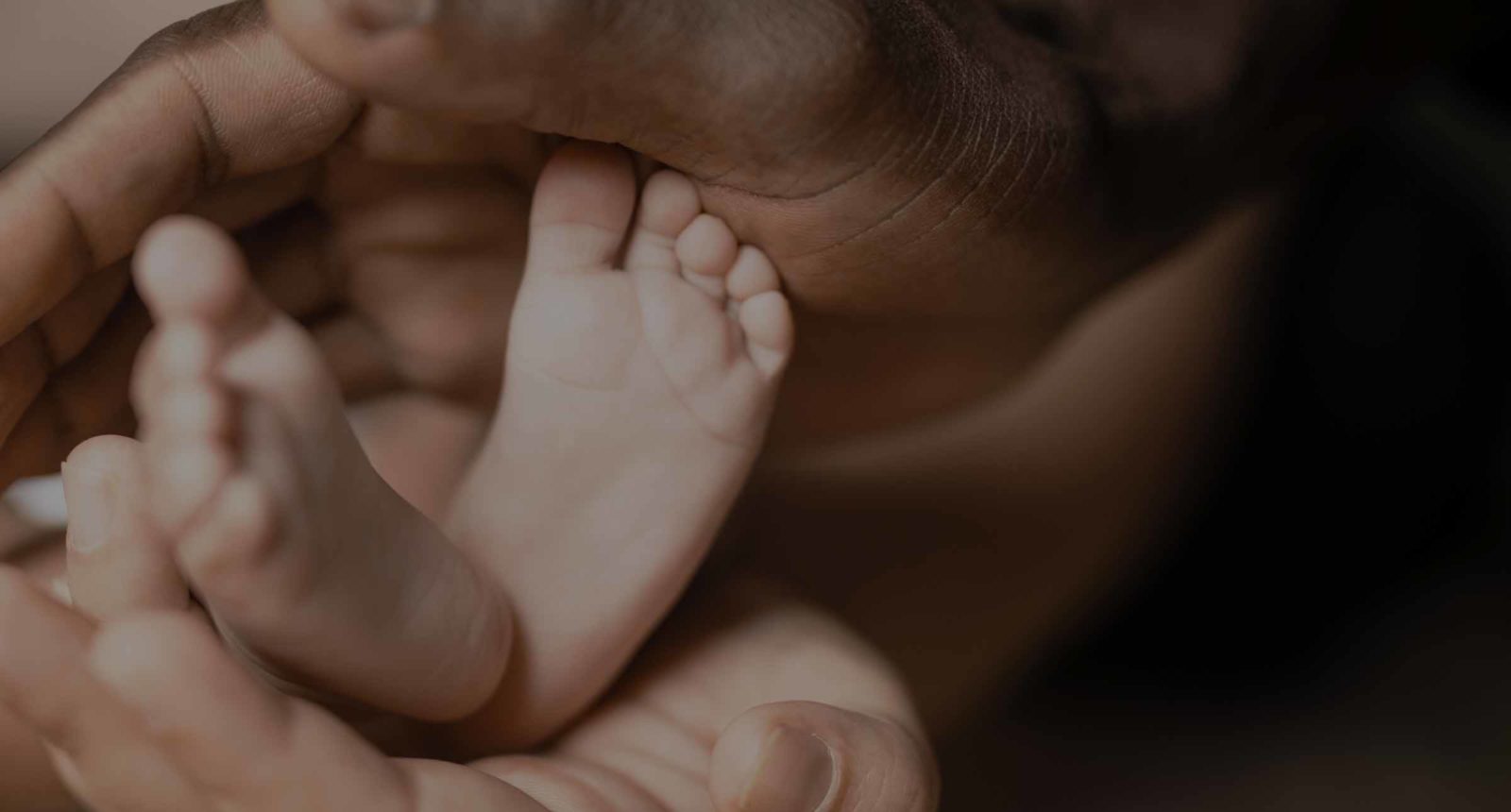
Contact our birth injury team:
Our specialist team of solicitors work hard to achieve justice and recompense when you or those close to you have suffered serious injuries before or during birth or in the first few days and weeks of your child’s life.
If you would like to claim compensation for a birth injury to your baby, talk to one of our experts in a free initial consultation. Our birth injury lawyers will look into your case, talk with you about what you’ve been through and work out if you have a claim.
